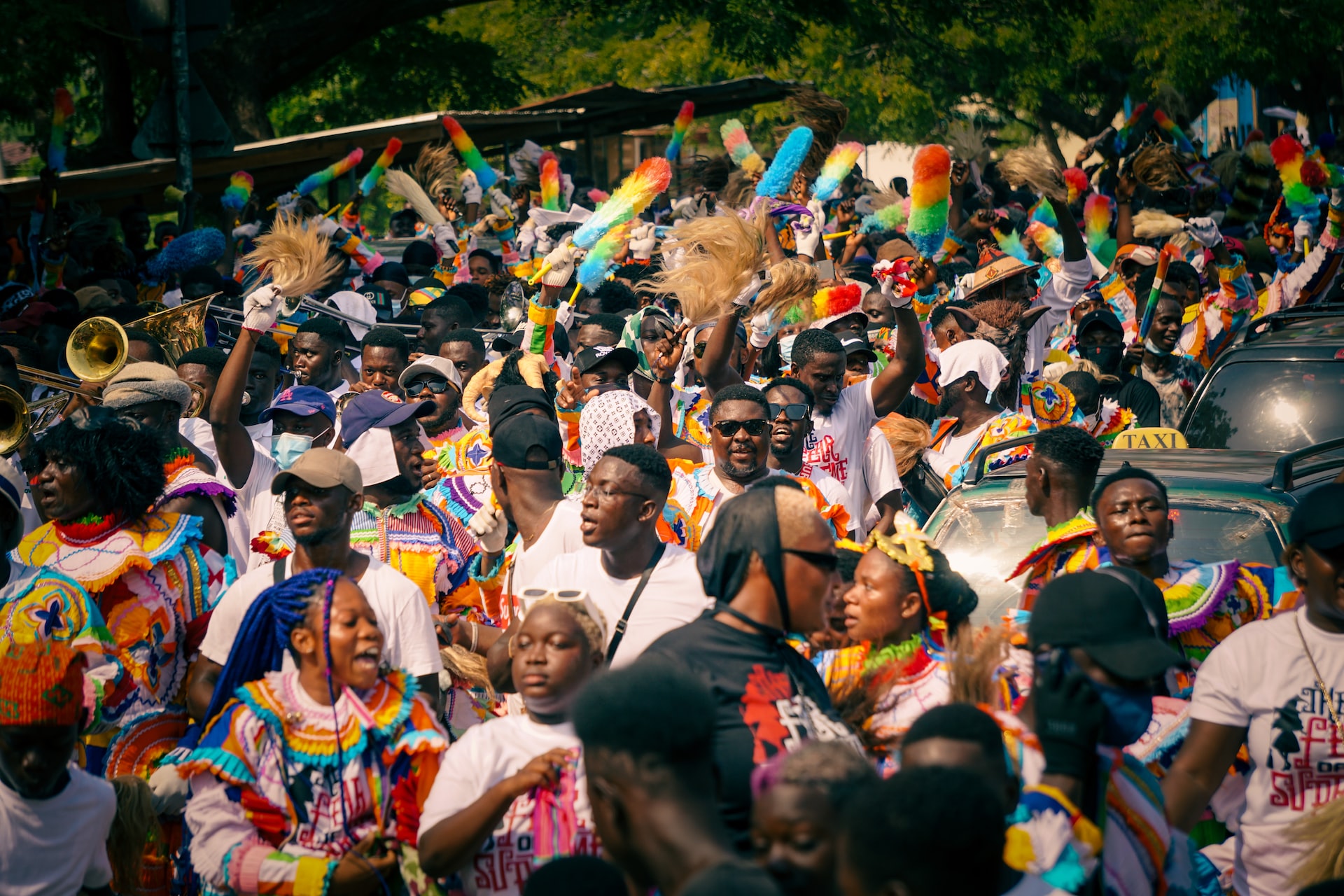ISHR: What would Ghana and west Africa look like in say, 20 or 30 years, if things went in the direction that you would like them to go? And how do you think your work is contributing to bringing that vision about?
Abakar Mansa: One thing that would improve is the justice system. We would see that it’s not only the rich who would enjoy it, but also the poor, who would get that empowerment that has been hidden from them.
Everyone would definitely work on their responsibilities because, if [they] don’t, it definitely is going to go against them. At the end of the day, you have your freedom, then you definitely have responsibilities that you have to take up.
ISHR: Have you been the target of attacks or acts of harassment or reprisals as a result of your work? What continues to inspire you to work for the defence of human rights despite these difficulties?
Abakar Mansa: Yes. In 2021, [authorities in Ghana arbitrarily arrested] a group of defenders, and I happened to be one of them. That was the biggest blow so far in my advocacy journey, but it also opened doors for me. That was when I realised it was important to take my safety and security seriously. As a defender, the fact that you are doing the good work doesn’t mean everyone is going to applaud you or that everyone is going to give you the push you need. You need to be ready at any time for any risk.
And it also became another theme for me: to educate the grassroots [groups and activists] when it comes to security, because you might not know who would be watching or listening to you.
Considering how hostile the Ghanian community has been now over the [anti-LGBT] bill in Parliament [known as the Promotion of Proper Human Sexual Rights and Ghanaian Family Values Bill], it’s very important to take that in consideration, no matter how strong or how many connections you may have as a defender. Because you need to know you are home and that is where the problem is, where we have nowhere to go. We still have to live here, so we’re just being careful.
This experience of being at the [African Commission for Human and Peoples’ Rights (ACHPR), in October 2022] opened more doors to me as well. It gives me the hope that I should extend my empowerment or my fight for other human rights, or other human rights issues, [beyond] the two communities I was focusing on [and towards] more marginalised groups, especially those outside of the urban areas, those outside the cities.
ISHR: What do you expect of inter-governmental bodies like the African Commission or the UN Human Rights bodies?
Abakar Mansa: Most of the time [the ACHPR tells] you and defenders that ‘we are there for you’, when you have problems. [They tell us to] reach out to the Commission, to reach out to the Commissioners and then the help will be provided. But then it becomes difficult when the communication sets in and you don’t get people replying to your emails or your phone calls.
They should reach out to the communities themselves to know the situation on the ground. They should find another strategy [to reach out to] communities, of coming down to the field. [For example,] every quarter of the year, they should have specific people come down to the ground, to look at the work that we the defenders are doing. Seeing something yourself and hearing [about] it are two different things. When you see it for yourself, you understand the situation that people are in.
ISHR: Do you have a message for your fellow human rights defenders in Africa and elsewhere?
Abakar Mansa: I want to thank them for their work, they are doing amazing. But, again, they should try and be reachable. In my country, we have senior human rights defenders [who], when you contact them, it’s going to take days before they respond. […] If you have a day or two in a week where you deliberately check all [messages] coming from unknown senders, you would you us, the younger [defenders] and other human rights defenders some good. It builds trust as well.
* Not their real name.

